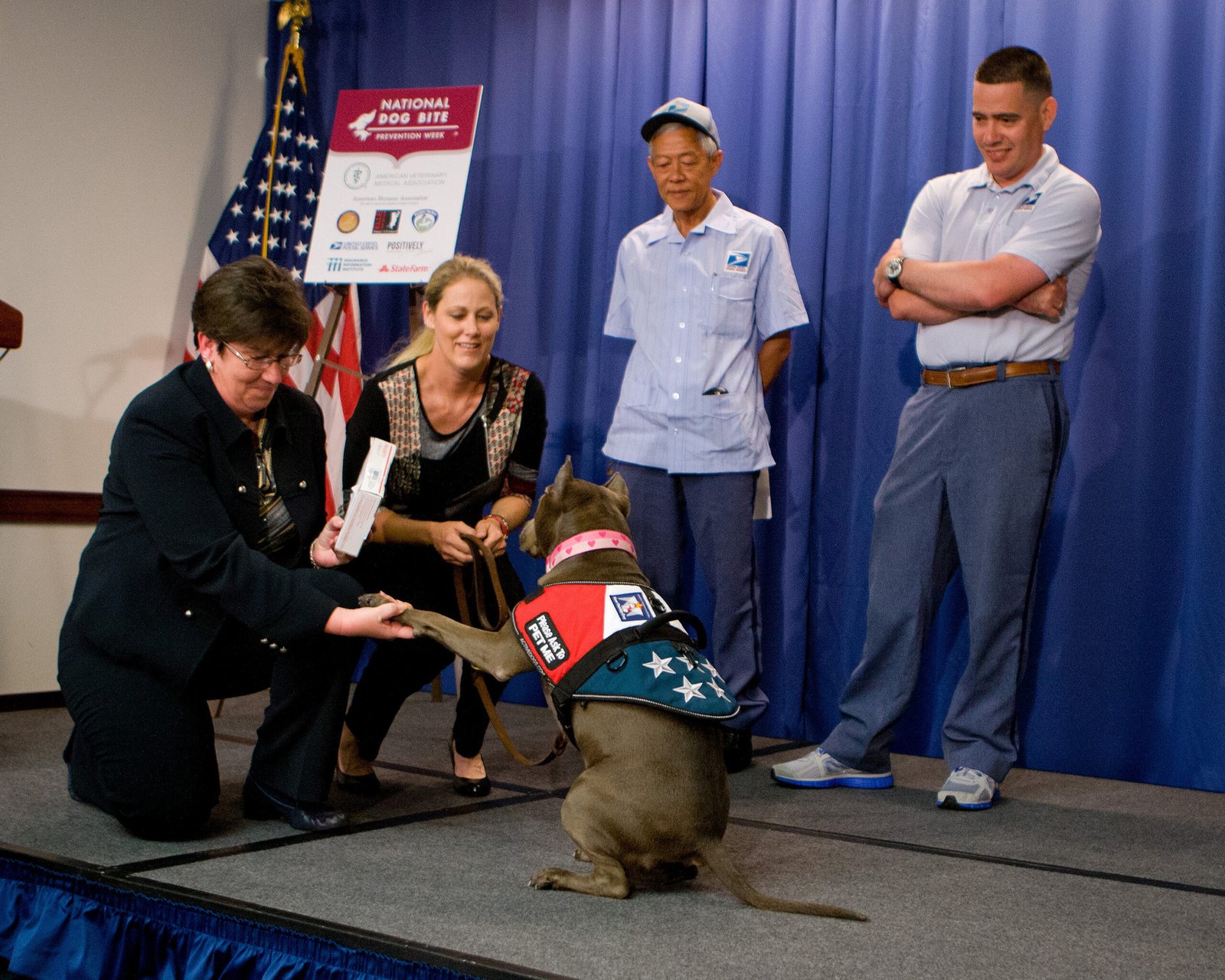Dog ownership is a joy, but it comes with responsibilities that are sometimes overlooked. One of the most common issues is not picking up after our furry friends. This might seem like a small oversight, but it has significant consequences. Pet waste is not only unsightly, but it also poses health risks. It can carry harmful bacteria and parasites that can spread diseases to humans and other animals. Furthermore, when left on the ground, it can wash into water sources, causing contamination. This unseen problem is much bigger than it appears, affecting both urban and rural communities alike.
Environmental Impact of Dog Waste
It’s easy to underestimate the environmental impact of leaving dog waste behind. In nature, animal waste is part of a balanced ecosystem, but urban environments tell a different story. When dog waste is not disposed of properly, it contributes to pollution. The waste contains nutrients that can lead to excessive algae growth in water bodies, which depletes oxygen and harms aquatic life. Additionally, it can release ammonia and other harmful chemicals into the soil, affecting plant growth. Ignoring this issue is not just a matter of aesthetics; it’s an environmental concern that needs attention.
Public Health Concerns
Beyond environmental issues, dog waste poses serious public health concerns. Parasites such as roundworms and hookworms can thrive in pet waste, posing a risk to humans, especially children who often play on the ground. These parasites can cause severe illnesses, including gastrointestinal infections and skin diseases. Not to mention, bacteria like E. coli and salmonella are commonly found in dog waste. By not picking up after pets, owners inadvertently expose their community to these health risks, making it crucial to address this issue with urgency.
The Social Responsibility of Pet Ownership

Owning a dog is more than just feeding and playing with them; it’s about being responsible members of society. Part of this responsibility is ensuring that our actions do not negatively impact others. Picking up after our pets is a simple yet powerful way to show respect for our community. It prevents unpleasant experiences for others and maintains the cleanliness of shared spaces. Responsible pet ownership also sets a positive example for future generations, teaching them the importance of caring for both their pets and their environment.
Legal Implications and Penalties
Many places have implemented laws that require dog owners to clean up after their pets, with penalties for non-compliance. These laws are not just about maintaining a clean environment but also about holding pet owners accountable. Fines and penalties can vary, but they serve as a deterrent to neglectful behavior. While some may argue that these laws are too strict, they play an essential role in ensuring that everyone shares public spaces responsibly. Adhering to these regulations not only avoids legal trouble but also contributes to a healthier community.
Encouraging Responsible Behaviors
Encouraging responsible behavior among dog owners requires a multifaceted approach. Education is a key component, as many people may not be fully aware of the consequences of leaving pet waste behind. Public campaigns and community programs can raise awareness and promote positive habits. Providing ample waste disposal facilities in parks and public spaces can also make it easier for dog owners to do their part. By fostering a culture of responsibility and respect, communities can work together to tackle this issue effectively.
Innovative Solutions and Tools
In our modern world, technology can offer solutions to age-old problems, including dog waste management. From biodegradable bags to smart waste disposal systems, there are innovative tools available to help pet owners. Some parks have installed stations that provide bags and bins specifically for pet waste, making it convenient to clean up after dogs. Additionally, mobile apps can remind owners to always carry bags and provide information on nearby disposal points. These solutions make it easier than ever for dog owners to fulfill their responsibilities.
The Role of Community in Enforcement
Community involvement is crucial in enforcing pet waste regulations. Neighbors and local organizations can play a significant role in promoting compliance. By supporting each other and holding one another accountable, communities can create a shared sense of responsibility. Local governments can also collaborate with residents to establish effective monitoring and reporting systems. This shared effort not only helps uphold the law but also strengthens community bonds, creating a cleaner and healthier environment for everyone.
In conclusion, the issue of dog waste is more than just a minor inconvenience; it’s a significant environmental and public health concern. By understanding the importance of responsible pet ownership and working together as a community, we can ensure that our shared spaces remain clean and safe for all.






